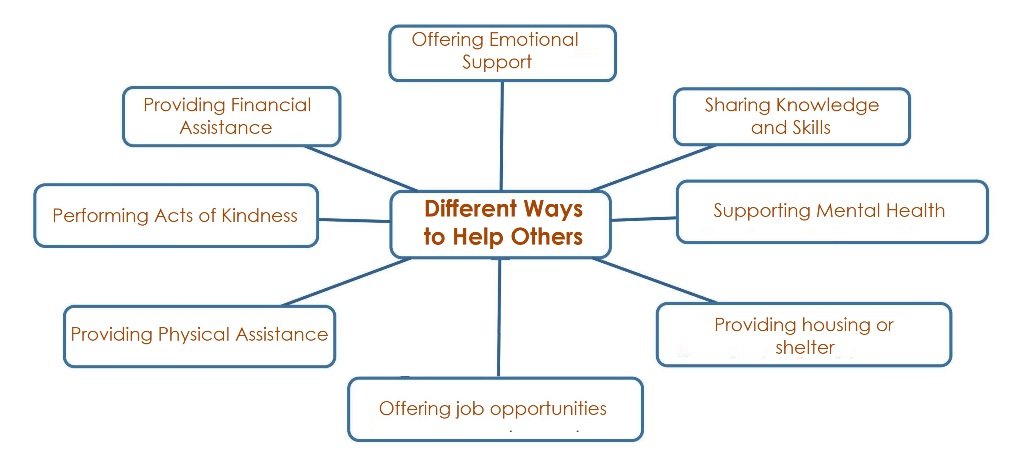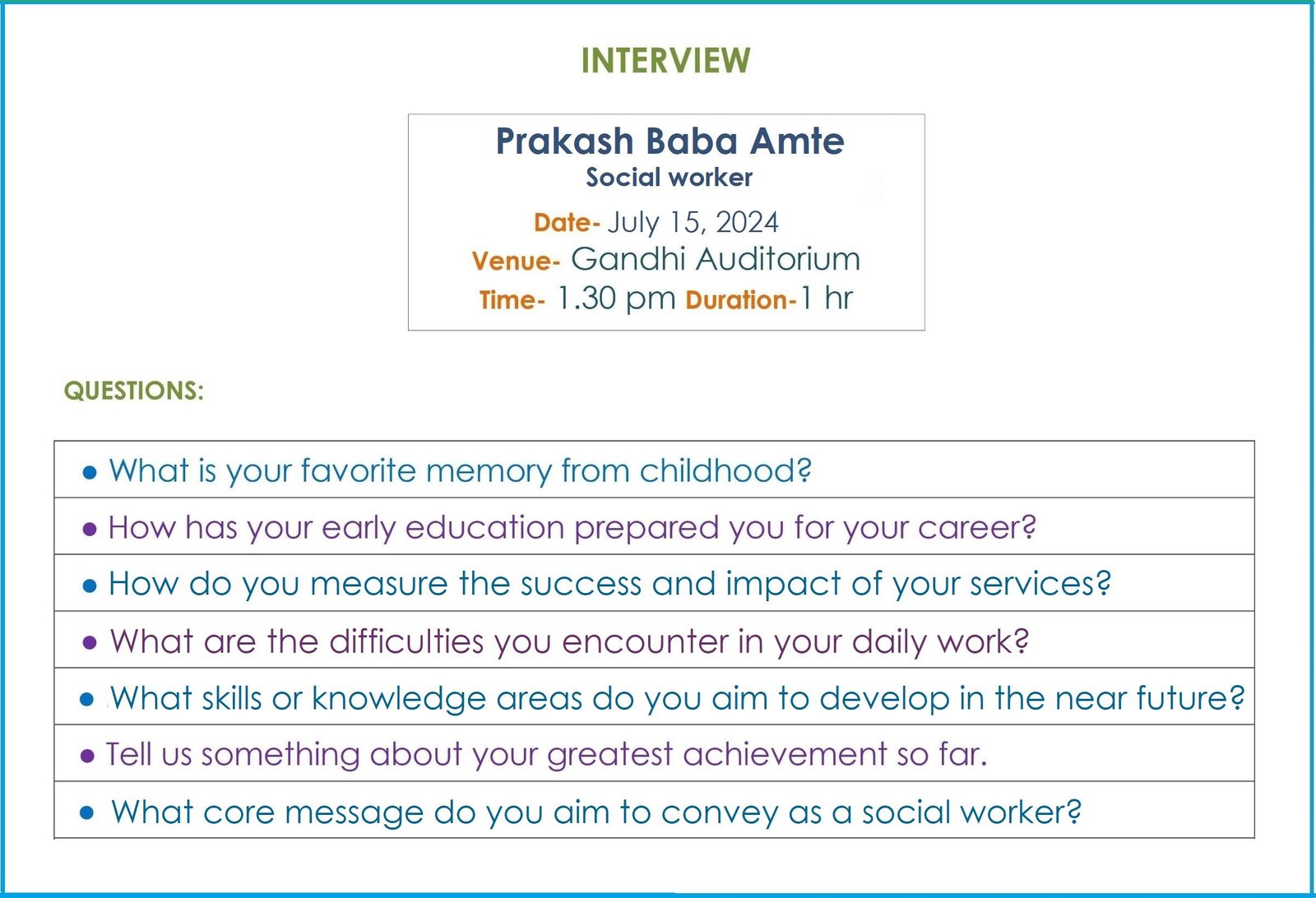2.4 HAVE YOU EARNED YOUR TOMORROW- MAHARASHTRA STATE BOARD- CLASS 12-ENGLISH

2.4: ‘Have You Earned Your Tomorrow’
Maharashtra State Board
Class 12, English

Edgar Guest

Edgar Guest was an American poet known for his uplifting and simple verse. Born in England in 1881, he moved to the United States as a child. His poetry often focused on family, home, and everyday life. Guest became famous for his regular columns in the Detroit Free Press and published several books of poetry. He was often called the “People’s Poet” because his work was easy to understand and relatable to many people. He passed away in 1959.

Poem: ‘Have You Earned Your Tomorrow’
Have You Earned Your Tomorrow is a motivational poem by Edgar Guest that prompts self-reflection on one’s actions and behavior towards others. The poem consists of a series of questions that encourage readers to evaluate whether they have done good deeds, shown kindness, and made positive contributions to others’ lives. Its central theme revolves around the idea that each day should be lived meaningfully, with an emphasis on compassion and helpfulness. The poem’s straightforward and relatable language makes it a popular piece for inspiration and moral reflection.
- A poignant and reflective poem that challenges readers to consider the impact of their daily actions.
- The poem is composed of four quatrains (four-line stanzas), each following a consistent rhyme scheme of AABB.
- The poem repeatedly asks the reader if they have done enough good in their day to deserve a future, prompting introspection.
- Guest emphasizes the importance of treating others with kindness and respect, suggesting that these actions are what make life worthwhile.
- The poem suggests that one’s worthiness of tomorrow is determined by the positive contributions made today.
- Each stanza questions specific actions and behaviors, encouraging continuous, daily effort to be a better person.
- The overarching message of the poem is that life should be lived with intention and generosity.
- Edgar Guest encourages readers to make every day count by contributing positively to the lives of others.
- The poem serves as a gentle reminder to reflect on one’s actions and strive for personal growth and benevolence.
- The poem has remained popular over the years due to its universal and timeless message.

Poem
Is anybody happier because you passed his way?
Does anyone remember that you spoke to him today?
This day is almost over, and its toiling time is through;
Is there anyone to utter now a kindly word of you?
![]()
Did you give a cheerful greeting to the friend who came along?
Or a churlish sort of “Howdy” and then vanish in the throng?
Were you selfish pure and simple as you rushed along the way,
Or is someone mighty grateful for a deed you did today?
![]()
Can you say tonight, in parting with the day that’s slipping fast,
That you helped a single brother of the many that you passed?
Is a single heart rejoicing over what you did or said;
Does a man whose hopes were fading now with courage look ahead?
![]()
Did you waste the day, or lose it, was it well or sorely spent?
Did you leave a trail of kindness or a scar of discontent?
As you close your eyes in slumber do you think that God would say,
You have earned one more tomorrow by the work you did today?

ICE BREAKERS
Activity: Web. Different ways to help others:


Activity: Idioms and Proverbs related to the word ‘Tomorrow’:
Idioms:
“Jam tomorrow”
Meaning: A promise of a reward or benefit that will never be realized.
“Tomorrow is another day”
Meaning: No matter how difficult today is, there is always hope for tomorrow.
“Leave for tomorrow what you can do today”
Meaning: A humorous reversal of the more common proverb “Don’t put off until tomorrow what you can do today,” suggesting procrastination.
Proverbs:
“Never put off until tomorrow what you can do today”
Meaning: Don’t delay doing something if you can do it immediately.
“Tomorrow is promised to no one”
Meaning: The future is uncertain, and one should not take it for granted.
“Tomorrow never comes”
Meaning: A task postponed until tomorrow will often remain undone indefinitely.
“Tomorrow belongs to those who prepare for it today”
Meaning: Success in the future is achieved by planning and working for it now.
“The best preparation for tomorrow is doing your best today”
Meaning: Focusing on doing your best in the present will set you up for a better future.

Activity: When you make your future plans you think of:
- Career
- Goals and Aspirations
- Timeline
- Resources and Budget
- Skills and Knowledge
- Obstacles and Challenges
- Support System
- Opportunities and Risks
- Current Commitments
- Health and Well-being
- Location and Environment
- Backup Plans
- Evaluation and Adjustment
- Impact on Others
- Personal Values and Fulfillment etc.

Activity: ‘Plan your tomorrow’ by completing the table given below:
| Examination | College Function | Function at your home |
| Revision | Preparing the List of Duties | Cleaning the House |
| Set Exam Dates | Forming a Planning Committee | Setting a Date and Time |
| Gather Study Materials | Determining Budget | Determining Budget |
| Create a Study Schedule | Choosing a Theme | Seating Arrangements |
| Set Study Goals | Planning Decorations | Organizing Entertainment Activities |
| Join Study Groups | Preparing Safety Plans | Decoration |
| Stay Organized | Sending Invitations | Plan for Music and Sound System |

BRAINSTORMING
Activity: Personal Response: Discuss with your friend how she/he spent the whole day that was beneficial for others:
- Helped at a local shelter and food bank.
- Picked up trash in our local park and neighborhood.
- Joined projects that helped our community.
- Showed others how to do something you’re good at.
- Spent time with elderly people in nursing homes.
- Helped our family with tasks and spent quality time together.
- Joined groups that help each other grow and support one another.
- Participated in events that raise money for good causes.
- Shared positive messages and helpful information online.

Activity: ….’was it well or sorely spent’? Explain the meaning and give illustrations:
The line “was it well or sorely spent” asks if you used your day in a good way by being kind and helpful, or if you wasted it by not doing anything meaningful. The poem mentions if you helped someone in need or gave a smile to someone feeling sad, showing a day well spent. On the other hand, if you ignored someone who needed help or missed a chance to be kind, it shows a day sorely spent. This line makes you think about how your actions affect others and encourages you to make each day count by doing good.

Activity: ‘As you close your eyes in slumber do you think that God would say, You have earned one more tomorrow by the work you did today?’ Elaborate the idea expressed in these lines:
These lines ask us to reflect on our actions at the end of the day. They suggest thinking about whether we have been kind, helpful, and good enough that God would believe we deserve another day to live. It encourages us to use each day to do good deeds and be helpful to others, making sure we live a life that is meaningful and positive. It also encourages and suggests that living a meaningful and good life is important.

Activity: The poet suggests that one should do good to others. Complete the table by giving examples of doing good to following people:
| Family members | Friends | Neighbours |
| Help with Chores | Spend time together | Greet them |
| Pay attention when they talk | Support them | Offer to help with tasks |
| Spend time together | Say nice things and avoid arguing | Share food |
| Show appreciation | Celebrate their success | Be friendly with them |
| Be kind | Share your things with them | Keep noise down |
| Be respectful | Be honest | Be considerate of their privacy |
| Share responsibilities | Be reliable | Invite them for events |
| Celebrate special moments together | Value their friendship | Show kindness |
| Keep coordination | Encourage Them | Make them feel comfortable |

Activity: Pick out the describing words from the poem and add a noun of your own:
| Toiling time | Toiling farmer |
| Cheerful greeting | Cheerful atmosphere |
| Single heart | Single room |
| Single brother | Single person |
| Kindly word | Kindly smile |
| Churlish ‘Howdy’ | Churlish remark |

Activity: Match the words given in column A with their meaning in column B:
Answer:
| 1. Cheerful | c. Happy |
| 2. Selfish | d. Concerned with one’s own pleasure |
| 3. Sorely | a. With a feeling of disappointment |
| 4. Discontent | b. Lack of satisfaction |

Activity: There are a few examples of Homonyms in the poem. For example ‘spoke’. List Homonyms from the poem and give their meanings:
| Word | Homonym |
| Way: A method or manner of doing something | Weigh: To measure the heaviness of something |
| Deed: A signed legal document | Did: Past tense of ‘do’ |
| Waste: To use or spend something | Waist: The part of the body |
| Would: Past tense of ‘will’ | Wood: The hard substance that trees are made of |

Activity: Find out expressions/phrases which denote, ‘going away’, from each stanza:
| ‘vanish in the throng’ |
| ‘passed his way’ |
| ‘rushed along’ |
| ‘slipping fast’ |
| ‘passed’ |
| ‘leave a trail’ |

Activity: The poet has used different poetic devices like Alliteration and Interrogation in the poem. Identify them and pick out the lines:
Alliteration
- This day is almost over, and its toiling time is through;
- Or a churlish sort of “Howdy” and then vanish in the throng?
- Were you selfish pure and simple as you rushed along the way,
- Or is someone mighty grateful for a deed you did today?
- Can you say tonight, in parting with the days that’s slipping fast,
- Is a single heart rejoicing over what you did or said;
- Did you waste the day, or lose it, was it well or sorely spent?
Interrogation
- Is anybody happier because you passed his way?
- Does anyone remember that you spoke to him today?
- Is there anyone to utter now a kindly word of you?
- Did you give a cheerful greeting to the friend who came along?
- Or a churlish sort of “Howdy” and then vanish in the throng?
- Or is someone mighty grateful for a deed you did today?
- That you helped a single brother of the many that you passed?
- Does a man whose hopes were fading now with courage look ahead?
- Did you waste the day, or lose it, was it well or sorely spent?
- Did you leave a trail of kindness or a scar of discontent?
- You have earned one more tomorrow by the work you did today?

Activity: The rhyme scheme of the first stanza is ‘aabb’. Find the rhyme scheme of other stanzas:
- Stanza 1: aabb
- Stanza 2: aabb
- Stanza 3: aabb
- Stanza 4: aabb

Activity: Write an Appreciation of the poem, ‘Have You Earned Your Tomorrow’:

Activity: Prepare a Mind-map on ‘How to plan a goal for tomorrow’ or ‘My future goal’:


Activity: Write a set of 8 to 10 interview questions to be asked to a social worker. Take the help of the following points:
| Childhood – Education – Service – Difficulties – Future plans – Achievements – Message |

 Activity: Compose 4-6 lines on your own on ‘Good deeds’:
Activity: Compose 4-6 lines on your own on ‘Good deeds’:
Poem 1:
My smile to a stranger, so bright and kind,
Makes the world better, I’ll find.
A little act, small indeed,
Is a lovely and good deed.
Poem 2:
I helped a friend, in time of need,
Showed my heart, is good indeed.
Lending a hand, with no greed,
Is a wonderful, good deed.
Poem 3:
Picking up trash, from the ground,
Keeps our earth, nice and sound.
A simple act, I should heed,
For a cleaner world, a good deed.
Poem 4:
I share my food, with those in need,
Is a truly, kind deed.
It shows me care, for those who plead,
And plants a caring seed.
Poem 5:
Listening well, to someone’s woes,
Eases their pain, as kindness grows.
A patient ear, is all they need,
To show me care, a good deed.
Poem 6:
Holding a door, for someone near,
Shows that me, hold them dear.
A little act, in time of speed,
Is a thoughtful, good deed.
Poem 7:
I write a note, to cheer a friend,
Brings joy that, has no end.
A simple gesture, all hearts feed,
And it’s a loving, good deed.
Poem 8:
I donate clothes, to those in need,
Spreads warmth and love, like a seed.
Giving freely, without a lead,
Is a generous, good deed.
Poem 9:
Helping my neighbor, with a chore,
Builds a friendship, that’s worth more.
A simple task, in time of need,
Is a friendly, good deed.
Poem 10:
Planting a tree, for all to see,
Grows a future, for you and me.
Nurturing life, from just a seed,
Is an earth-loving, good deed.

Activity: Find out different career opportunities in the field of Social Work:
| Clinical Social Worker |
| School Social Worker |
| Medical Social Worker |
| Child and Family Social Worker |
| Community Social Worker |
| Mental Health Social Worker |
| Substance Abuse Social Worker |
| Gerontological Social Worker |
| Social Work Administrator |
| Research Social Worker |
| Military Social Worker |
| Social Work Educator |
| Hospice Social Worker |
| Forensic Social Worker |
| Adoption Social Worker |
| Crisis Intervention Social Worker |
| Policy Advocate |
| Youth Social Worker |
| Rehabilitation Social Worker |
| International Social Worker |

also see:







